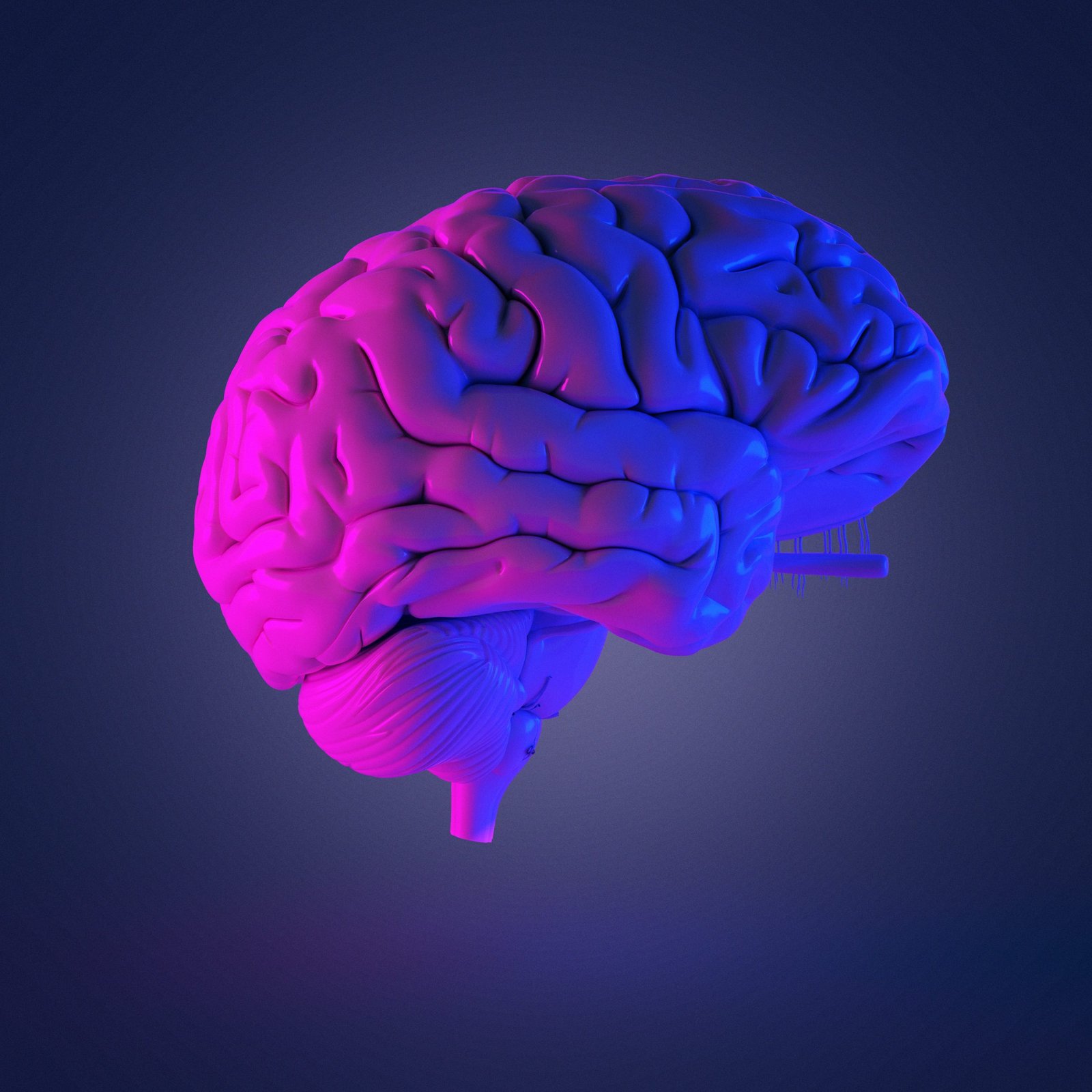Clinical researchers at UCLA have been testing an electronic patch from NeuroSigma, an LA, CA firm, as a potential therapy for post-traumatic stress disorder (PTSD). The Monarch external trigeminal nerve stimulation (eTNS) device has received European approval to be used to address epilepsy, depression, and recently attention deficit hyperactivity disorder (ADHD). It’s powered by a standard 9-volt battery and delivers low current electrical signals into the head to stimulate the trigeminal nerve. In other words it’s not electroconvulsive therapy you remember from One Flew Over the Cuckoo’s Nest.
The study involved mostly civilians who have gone through very difficult situations, including physical abuse, rape, and auto accidents. While everyone in the group has had difficulties managing their PTSD, the Monarch device helped to control symptoms and led to improvement in sleep, mood, and overall quality of life.

Discover The World's MOST COMPREHENSIVE Mental Health Assessment Platform
Efficiently assess your patients for 80+ possible conditions with a single dynamic, intuitive mental health assessment. As low as $12 per patient per year.
Some details from the study abstract in journal Neuromodulation:
Twelve adults with PTSD and MDD were studied in an eight-week open outpatient trial (age 52.8 [13.7 sd], 8F:4M). Stimulation was applied to the supraorbital and supratrochlear nerves for eight hours each night as an adjunct to pharmacotherapy. Changes in symptoms were monitored using the PTSD Patient Checklist (PCL), Hamilton Depression Rating Scale (HDRS-17), Quick Inventory of Depressive Symptomatology (QIDS-C), and the Quality of Life Enjoyment and Satisfaction Questionnaire (Q-LES-Q).
Over the eight weeks, eTNS treatment was associated with significant decreases in PCL (p = 0.003; median decrease of 15 points; effect size d 1.5), HDRS-17 (p < 0.001; 42% response rate, 25% remission; d 2.1), and QIDS-C scores (p < 0.001; d 1.8), as well as an improvement in quality of life (Q-LES-Q, p < 0.01). eTNS was well tolerated with few treatment emergent adverse events.
Significant improvements in PTSD and depression severity were achieved in the eight weeks of acute eTNS treatment. This novel approach to wearable brain stimulation may have use as an adjunct to pharmacotherapy in these disorders if efficacy and tolerability are confirmed with additional studies.

